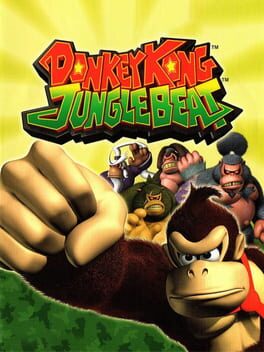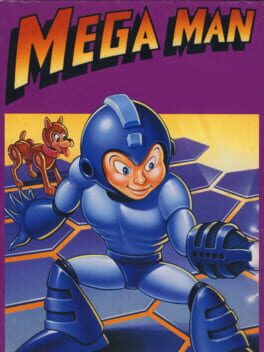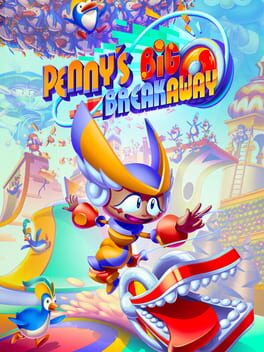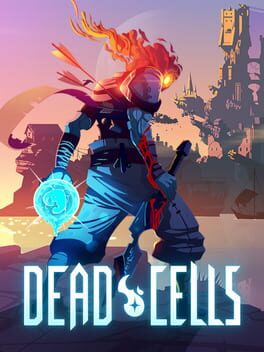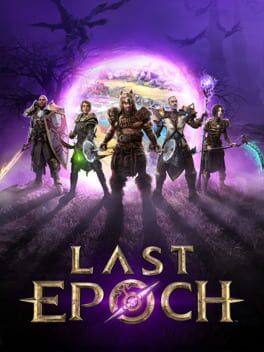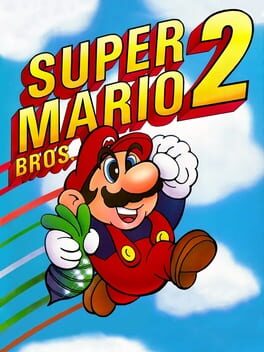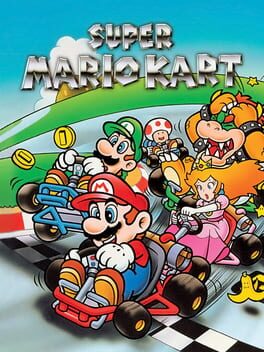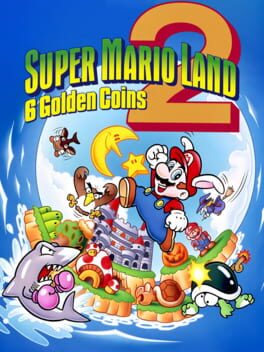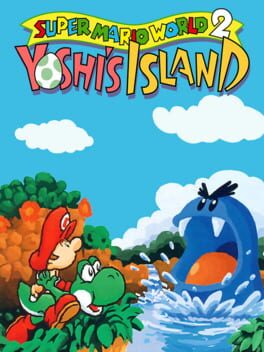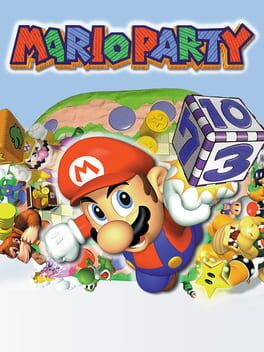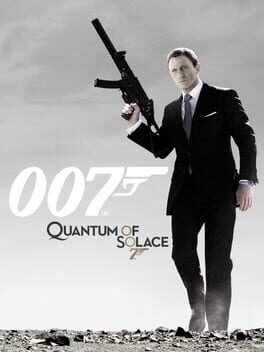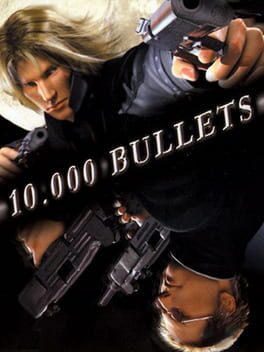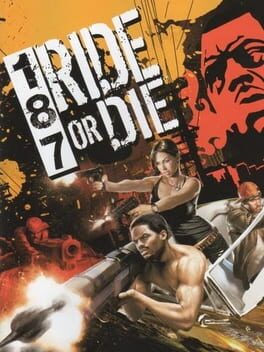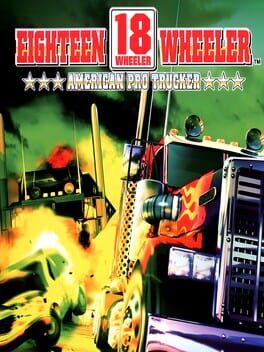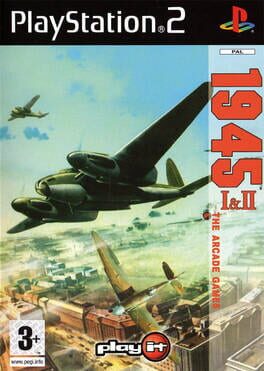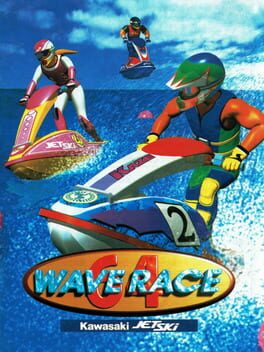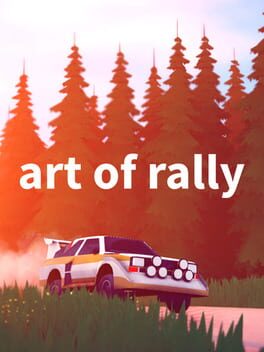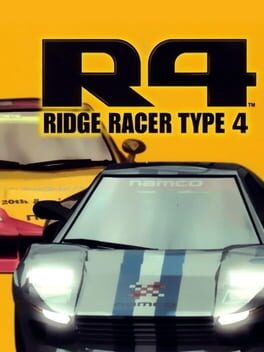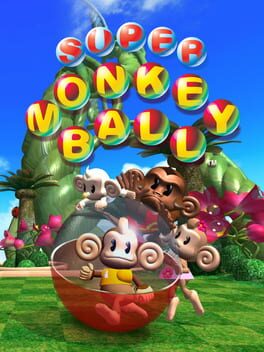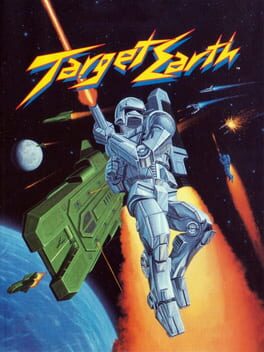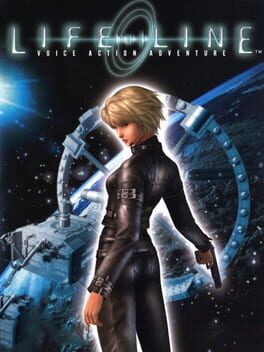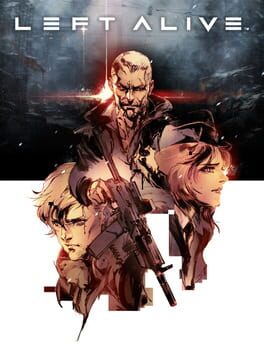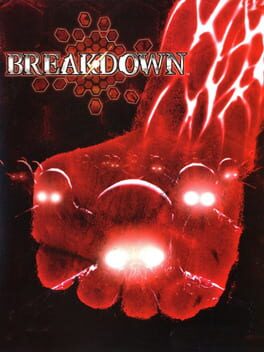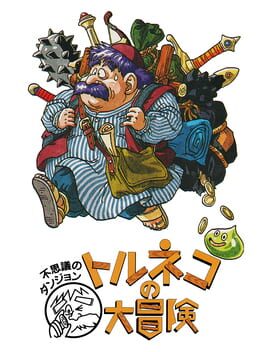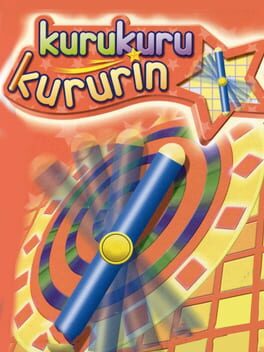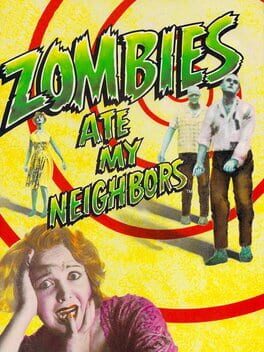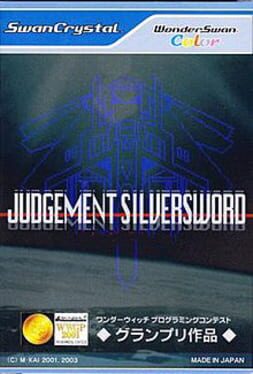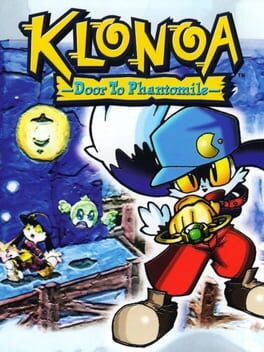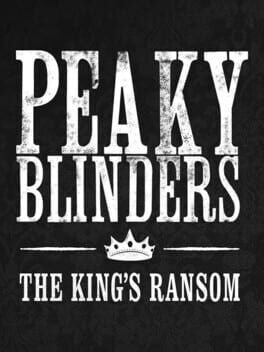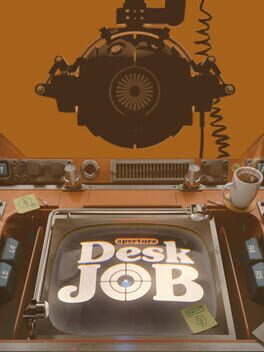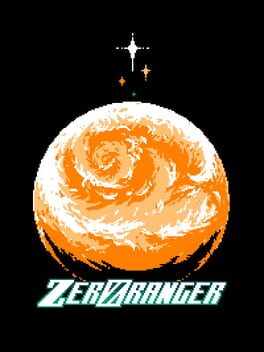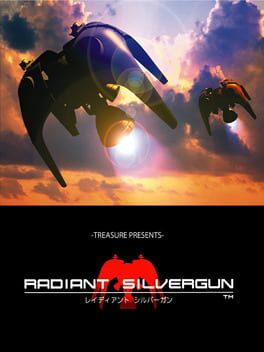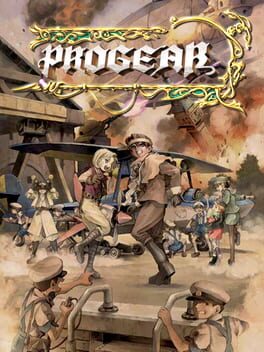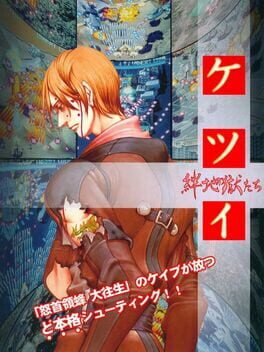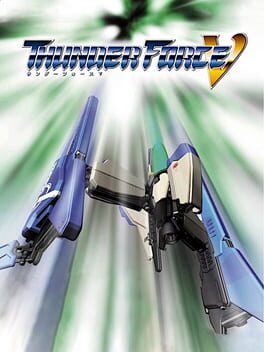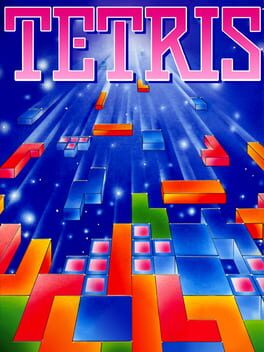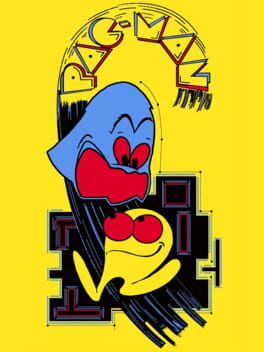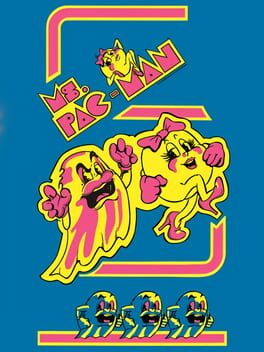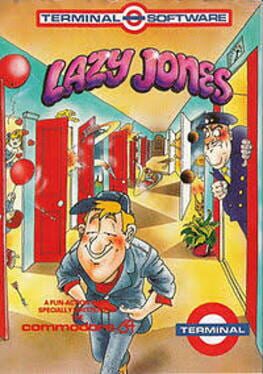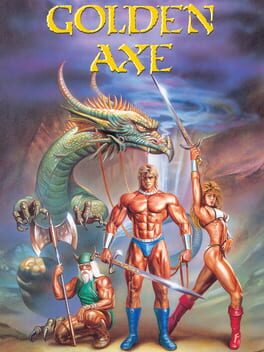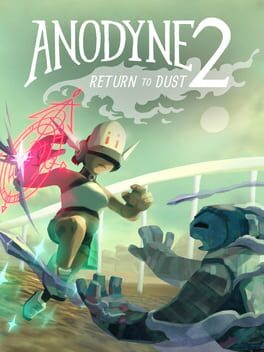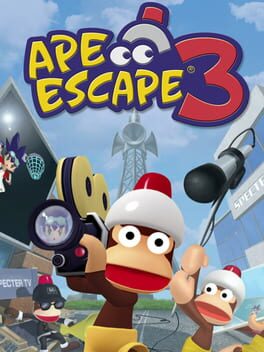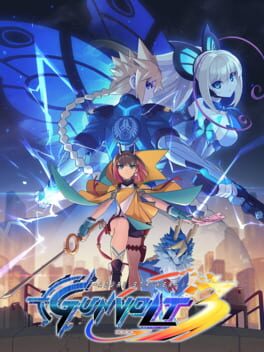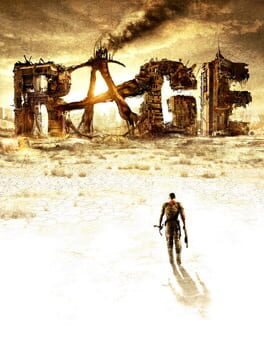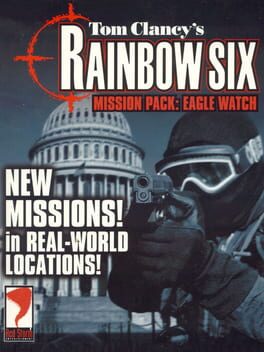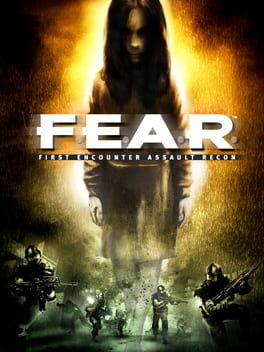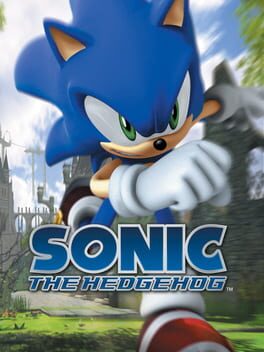Swif
125 reviews liked by Swif
Dragon's Dogma II
2024
In one of its previews, Hideaki Itsuno was deliberately evasive when asked about why Dragon’s Dogma II’s title screen initially lacks the II, saying only “nothing in this game is unintentional.” You can draw whatever conclusion you like from that, but I think I’ve a different interpretation from most – it’s less a signal that this is a reimagining or a remake or whatever else in disguise than a display of confidence in how well he and his team understand what makes it tick.
As much as I’ll never wrap my head around how they got the first Dragon’s Dogma running on 7th gen hardware (albeit just about), I would’ve said it was impossible not to feel how much more II has going on under the hood in even the briefest, most hasty of encounters if it weren’t being so undersold in this respect. While my favourite addition is that enemies’ individual body parts can now be dragged or shoved to throw them off balance, tying into both this new world’s more angular design and how they can be stunned by banging their head off of its geometry, yours might be something else entirely with how many other new toys there are to play with. One particularly big one’s that you and your pawns can retain access to your standard movesets while clinging to larger enemies if you manage to mantle onto them from the appropriate angle, but you’ve gotta watch out for the newly implemented ragdoll physics while doing so, since the damage received from getting bucked off now varies wildly depending on your position at the time and the nearby environment as a result of them. Successive strikes create new avenues of offence akin to Nioh’s grapples, pressuring you to get as much damage in as you can before letting one loose and taking your target out of its disadvantage state, while also enabling you to keep them in a loop if you’re able to manipulate their stun values well enough. Layers of interaction just keep unravelling further as you play – controlling the arc you throw enemies or objects in, tackling smaller enemies by grabbing them mid-air, corpses or unconscious bodies of bosses now being tangible things you can stand on top of instead of ethereal loot pinatas… I would’ve taken any one of these in isolation. To have them all, plus more, every one being wholly complementary and faithful to the scrambly, dynamic, improvisational core of Dragon’s Dogma’s combat? It’s i n s a n e to me that someone can undergo even a confused few minutes of exposure to any of this and reduce it to “more of the first” or what have you.
Your means of approaching enemies or general scenarios which return from the first game’re further changed by II’s more specialised vocations. Having spent most of my time with Warrior in both titles, I love what’s been done with it in particular. They’ve taken the concept of timing certain skills and applied it to almost every move, anything from your standard swings to its final unlockable skill becoming faster and faster as you time successive inputs correctly – this is only the slow, basic version of the latter and I still feel bad for whatever I batter with it – with chargeable skills now also doubling as a parry for attacks they collide with, similar to DMC5’s clashing mechanic. It’s emblematic of the devs’ approach to vocations in general; Archer’s relatively lacking melee options and litany of flippy, full-on Legolas nonsense encourages keepaway where its four predecessors were all slightly differing flavours of “does everything”, Thief trades access to assault rifle-like bows and invites stubbiness for being able to navigate this world’s much rockier terrain like it’s a platformer, Fighter no longer has to waste skill slots to hit anything slightly above your head and has more versatile means of defence in exchange for melee combat being more punishing in general, etc. It’s to the extent that choosing between any two vocations feels like I’m switching genres, man. In a landscape where people are demonstrably content with having no means of interacting with big monsters other than smacking their ankles, how is even a pretty simple interaction like this not supposed to feel like a game from the future?
On simple interactions, much of this would be lessened if it weren’t for the loss gauge in tandem with the camping system and how these accentuate the sense of adventure which the first game built. The persistent thoughts of “how do I get there?” are retained, but only being able to fully recuperate your health via downtime with the lads and/or ladesses fills every step of the way toward the answer with that much more trepidation, bolstered further by the aforementioned verticality and on the more presentational side of things by how your pawns actually talk to each other now. It leads to some very memorable, emergent experiences which are personal purely to you – one I’m especially fond of involved resting after killing a drake, having my camp ambushed in the middle of the night by knackers who were too high up for me to exercise my k-word pass and having to trek all the way back to Bakbattahl with barely a third of my maximum health as my party continually chattered about how freaky the dark is. I take back the suggestion I made regarding potential changes to the healing system in my review of the first game, because even superfans (or, maybe, especially superfans) can, and do, think too small.
I realise in retrospect that even I, on some level, was wanting certain aspects of Dragon’s Dogma to be like other games instead of taking it on its own merits, something II’s seemingly suffered from all the more with how much gaming has grown since the original’s release, the average player’s tolerance for anything deviating from the norm and, presumably, frame of reference growing ever smaller. Look no further than broad reactions to dragonsplague and its effects (which I won’t spoil) being only the second or third most embarrassing instance of misinformed kneejerk hostility disguised as principled scepticism which enveloped this game’s release to the point you’d swear Todd Howard was attached to it – we want consequences that matter, but not like that! Even if you aren’t onboard with this being the coolest, ballsiest thing an RPG has bothered and will bother to do since before I was born, how can you not at least get a kick out of starting up your own homegrown Dragonsplague Removal Service? You thought you could escape the great spring cleaning, Thomyris, you silly billy? I’m oblivious like you wouldn’t believe, had her wearing an ornate sallet by the time she’d first contracted it and still noticed her glowing red eyes every time, so I’m at a loss as to how it could blindside anybody. It vaguely reminds me of modern reactions to various aspects of the original Fallout; a game which you can reasonably beat in the span of an afternoon, designed to be played with a single hand, somehow commonly seen as unintuitive because it just is, okay? Abandon all delusions of levelheadedness: if a Fallout game with a timer were to release now, the world’s collective sharting would result in something similar to that universe’s Great War or, indeed, Dragon’s Dogma II’s own post-game.
For as many hours as I’ve poured into the Everfall and Bitterblack across two copies of the original, they’re not what I think of when I think of Dragon’s Dogma (or particularly interesting, in the former’s case), which is adventuring in its open world. In that regard, I can’t be convinced that II’s post-game isn’t far more substantial, comparatively rife with monsters either unique or which you’re very unlikely to encounter prior to it, changes to the world’s layout beyond a hole in the ground of one city, its own mechanics (one actually a bit reminiscent of Fallout’s timer), questlines and even setpieces. It’s got a kaiju fight between a Ray Harryhausen love letter and a demonic worm thing which, as of the time of writing, roughly 2% of players have discovered, and instead of being praised for the sheer restraint it must’ve taken to keep something like that so out of the way, it’s chastised for it?
I’m not sure any other game’s ever made me realise how divorced what I want out of games seems to be from the wider populace. So much of this is 1:1 aligned with my tastes that the only thing that feels potentially missing’s the relative lack of electric guitars, but even then I’d be a liar if I told you that Misshapen Eye, the dullahan’s theme, the griffin’s new track, the post-game’s somber piano keys or the true ending’s credits song among others haven’t gotten stuck in my head at some stage anyway or didn’t perfectly complement the action through dynamically changing. It manages this despite clearly not caring about what you or I or anyone else thinks or wants from it. It’s developed a will and conviction all of its own. It’s Dragon’s Dogma, too.
As much as I’ll never wrap my head around how they got the first Dragon’s Dogma running on 7th gen hardware (albeit just about), I would’ve said it was impossible not to feel how much more II has going on under the hood in even the briefest, most hasty of encounters if it weren’t being so undersold in this respect. While my favourite addition is that enemies’ individual body parts can now be dragged or shoved to throw them off balance, tying into both this new world’s more angular design and how they can be stunned by banging their head off of its geometry, yours might be something else entirely with how many other new toys there are to play with. One particularly big one’s that you and your pawns can retain access to your standard movesets while clinging to larger enemies if you manage to mantle onto them from the appropriate angle, but you’ve gotta watch out for the newly implemented ragdoll physics while doing so, since the damage received from getting bucked off now varies wildly depending on your position at the time and the nearby environment as a result of them. Successive strikes create new avenues of offence akin to Nioh’s grapples, pressuring you to get as much damage in as you can before letting one loose and taking your target out of its disadvantage state, while also enabling you to keep them in a loop if you’re able to manipulate their stun values well enough. Layers of interaction just keep unravelling further as you play – controlling the arc you throw enemies or objects in, tackling smaller enemies by grabbing them mid-air, corpses or unconscious bodies of bosses now being tangible things you can stand on top of instead of ethereal loot pinatas… I would’ve taken any one of these in isolation. To have them all, plus more, every one being wholly complementary and faithful to the scrambly, dynamic, improvisational core of Dragon’s Dogma’s combat? It’s i n s a n e to me that someone can undergo even a confused few minutes of exposure to any of this and reduce it to “more of the first” or what have you.
Your means of approaching enemies or general scenarios which return from the first game’re further changed by II’s more specialised vocations. Having spent most of my time with Warrior in both titles, I love what’s been done with it in particular. They’ve taken the concept of timing certain skills and applied it to almost every move, anything from your standard swings to its final unlockable skill becoming faster and faster as you time successive inputs correctly – this is only the slow, basic version of the latter and I still feel bad for whatever I batter with it – with chargeable skills now also doubling as a parry for attacks they collide with, similar to DMC5’s clashing mechanic. It’s emblematic of the devs’ approach to vocations in general; Archer’s relatively lacking melee options and litany of flippy, full-on Legolas nonsense encourages keepaway where its four predecessors were all slightly differing flavours of “does everything”, Thief trades access to assault rifle-like bows and invites stubbiness for being able to navigate this world’s much rockier terrain like it’s a platformer, Fighter no longer has to waste skill slots to hit anything slightly above your head and has more versatile means of defence in exchange for melee combat being more punishing in general, etc. It’s to the extent that choosing between any two vocations feels like I’m switching genres, man. In a landscape where people are demonstrably content with having no means of interacting with big monsters other than smacking their ankles, how is even a pretty simple interaction like this not supposed to feel like a game from the future?
On simple interactions, much of this would be lessened if it weren’t for the loss gauge in tandem with the camping system and how these accentuate the sense of adventure which the first game built. The persistent thoughts of “how do I get there?” are retained, but only being able to fully recuperate your health via downtime with the lads and/or ladesses fills every step of the way toward the answer with that much more trepidation, bolstered further by the aforementioned verticality and on the more presentational side of things by how your pawns actually talk to each other now. It leads to some very memorable, emergent experiences which are personal purely to you – one I’m especially fond of involved resting after killing a drake, having my camp ambushed in the middle of the night by knackers who were too high up for me to exercise my k-word pass and having to trek all the way back to Bakbattahl with barely a third of my maximum health as my party continually chattered about how freaky the dark is. I take back the suggestion I made regarding potential changes to the healing system in my review of the first game, because even superfans (or, maybe, especially superfans) can, and do, think too small.
I realise in retrospect that even I, on some level, was wanting certain aspects of Dragon’s Dogma to be like other games instead of taking it on its own merits, something II’s seemingly suffered from all the more with how much gaming has grown since the original’s release, the average player’s tolerance for anything deviating from the norm and, presumably, frame of reference growing ever smaller. Look no further than broad reactions to dragonsplague and its effects (which I won’t spoil) being only the second or third most embarrassing instance of misinformed kneejerk hostility disguised as principled scepticism which enveloped this game’s release to the point you’d swear Todd Howard was attached to it – we want consequences that matter, but not like that! Even if you aren’t onboard with this being the coolest, ballsiest thing an RPG has bothered and will bother to do since before I was born, how can you not at least get a kick out of starting up your own homegrown Dragonsplague Removal Service? You thought you could escape the great spring cleaning, Thomyris, you silly billy? I’m oblivious like you wouldn’t believe, had her wearing an ornate sallet by the time she’d first contracted it and still noticed her glowing red eyes every time, so I’m at a loss as to how it could blindside anybody. It vaguely reminds me of modern reactions to various aspects of the original Fallout; a game which you can reasonably beat in the span of an afternoon, designed to be played with a single hand, somehow commonly seen as unintuitive because it just is, okay? Abandon all delusions of levelheadedness: if a Fallout game with a timer were to release now, the world’s collective sharting would result in something similar to that universe’s Great War or, indeed, Dragon’s Dogma II’s own post-game.
For as many hours as I’ve poured into the Everfall and Bitterblack across two copies of the original, they’re not what I think of when I think of Dragon’s Dogma (or particularly interesting, in the former’s case), which is adventuring in its open world. In that regard, I can’t be convinced that II’s post-game isn’t far more substantial, comparatively rife with monsters either unique or which you’re very unlikely to encounter prior to it, changes to the world’s layout beyond a hole in the ground of one city, its own mechanics (one actually a bit reminiscent of Fallout’s timer), questlines and even setpieces. It’s got a kaiju fight between a Ray Harryhausen love letter and a demonic worm thing which, as of the time of writing, roughly 2% of players have discovered, and instead of being praised for the sheer restraint it must’ve taken to keep something like that so out of the way, it’s chastised for it?
I’m not sure any other game’s ever made me realise how divorced what I want out of games seems to be from the wider populace. So much of this is 1:1 aligned with my tastes that the only thing that feels potentially missing’s the relative lack of electric guitars, but even then I’d be a liar if I told you that Misshapen Eye, the dullahan’s theme, the griffin’s new track, the post-game’s somber piano keys or the true ending’s credits song among others haven’t gotten stuck in my head at some stage anyway or didn’t perfectly complement the action through dynamically changing. It manages this despite clearly not caring about what you or I or anyone else thinks or wants from it. It’s developed a will and conviction all of its own. It’s Dragon’s Dogma, too.
Dragon's Dogma II
2024
In that primordial placeless origin, through the mist-veil of time, since man first airbrushed Merlin smoking a pipe on the side of a van, there, you can feel it in the noosphere, a moon-lit dream, The Dream, a call in the heart of the human soul. Some have seen some small part of this dream- The Legend of Zelda, The Elder Scrolls, Ultima, Dark Souls, Adventure, Dragon Quest, King's Field, Wizardry, among innumerable others, nameless here forevermore, all have failed to reach The Dream. Perhaps cruel circumstance chained them to Earthly bond, perhaps cowardice stayed their hand, perhaps they lacked the naivety and earnestness necessary to behold a waking dream. Whatever their individual situation, the results have always been, like Lion of Gripsholm Castle, a mutant, an aberration, at best a passing resemblance. Dragon's Dogma is The Dream, forged in the furnace of the heart, it is not visually plain- it is clean, it is not halfbaked- it is too goodly to exist totally in a world half-evil, it achieves the promise of videogames, and proves that creative endeavour above all else is the greatest goal humanity can strive for. it is the twinkle in the eye of Merlin smoking a pipe airbrushed on the side of a van.
Trivia Time!
Contrary to what you may have heard, this is actually the best Donkey Kong game we've ever released. Why didn't you buy it? Koizumi-san was so SAD.
It should have been a hit! You all should have played it! We could have been 8 games deep in the Jungle Beat series by now! DK Bongos should have been littering tens of millions of basements across the globe just like sticky Wii Remotes and busted Joy-Con®! WE COULD HAVE ACHIEVED TRUE GREATNESS, BUT YOU LET KOIZUMI DOWN
Stay tuned for more Trivia Time segments in the near future!
Contrary to what you may have heard, this is actually the best Donkey Kong game we've ever released. Why didn't you buy it? Koizumi-san was so SAD.
It should have been a hit! You all should have played it! We could have been 8 games deep in the Jungle Beat series by now! DK Bongos should have been littering tens of millions of basements across the globe just like sticky Wii Remotes and busted Joy-Con®! WE COULD HAVE ACHIEVED TRUE GREATNESS, BUT YOU LET KOIZUMI DOWN
Stay tuned for more Trivia Time segments in the near future!
Mega Man
1990
I think that to truly love something, you have to go into the deepest depths with it. That's exactly what I've done here. Mega Man for DOS feels like a freshman's legally distinct computer science project, because that's not terribly far off from what it it is.
This is kind of interesting in that it was developed entirely by Stephen Rozner, an aspiring young developer who was acquired by Capcom for development of this title. Rozner somehow left Capcom during official development and, through a vaguely interesting legal loophole, was still able to release the game. Because of his departure from Capcom, Rozner completely drew up the assets and code for this, from scratch, on his own. In that way, Mega Man for DOS is among the earliest examples of a fan game.
Pretty interesting story, right? Unfortunately, that story is much more interesting than this game. It's about as amateurish as games get, with enemies that are either too short or too fast to properly land hits on, practically nonexistent level design, and 3 Robot Masters that have, luckily, been confined to the annals of history—"Voltman, Sonicman, and Dynaman." This doesn't even have music; in fact, it may not even have sound, although that could've just been the DOSBox emulator acting up. I can't finish this, as I'm neither compelled to nor am I convinced that it's possible to. I'm actually convinced that this game is fundamentally broken by design.
Shout out to Stephen Rozner, the only man whose idea of sticking it to your ex-employer is to make something completely meritless.
This is kind of interesting in that it was developed entirely by Stephen Rozner, an aspiring young developer who was acquired by Capcom for development of this title. Rozner somehow left Capcom during official development and, through a vaguely interesting legal loophole, was still able to release the game. Because of his departure from Capcom, Rozner completely drew up the assets and code for this, from scratch, on his own. In that way, Mega Man for DOS is among the earliest examples of a fan game.
Pretty interesting story, right? Unfortunately, that story is much more interesting than this game. It's about as amateurish as games get, with enemies that are either too short or too fast to properly land hits on, practically nonexistent level design, and 3 Robot Masters that have, luckily, been confined to the annals of history—"Voltman, Sonicman, and Dynaman." This doesn't even have music; in fact, it may not even have sound, although that could've just been the DOSBox emulator acting up. I can't finish this, as I'm neither compelled to nor am I convinced that it's possible to. I'm actually convinced that this game is fundamentally broken by design.
Shout out to Stephen Rozner, the only man whose idea of sticking it to your ex-employer is to make something completely meritless.
For over a quarter century, game enthusiasts have contended with a necessary evil when choosing a 3D Platformer to play - do they want to relish in deeply creative movement in a loosely defined sandbox, or would they like to tackle tight, bombastic course clear levels with simply functional controls?
With Penny's Big Breakaway, this necessary evil has been rendered unnecessary. There is now a 3D Platformer with some of the best movement in the genre married with imaginatively curated course clear level design.
It's a great day for fans of jumping along the Z-axis.
With Penny's Big Breakaway, this necessary evil has been rendered unnecessary. There is now a 3D Platformer with some of the best movement in the genre married with imaginatively curated course clear level design.
It's a great day for fans of jumping along the Z-axis.
Helldivers 2
2024
3D shooters are a genre long and particularly afflicted with 'just so' game design; Half-Life popularized a reload mechanic where you tap a button and wait to have your gun refilled from a pool, and this became a defacto standard for no particular reason over not having reloading, or reloading that actually has gun magazine management, or dozens of other one off systems meant to represent a games ethos. Halo introduced a two-weapon system that, along side a nuanced weapon selection forced you to always accept a trade off, games without nuanced weapon selections copied it wholesale, usually resulting in defacto one weapon system because you really need to carry the M16 at all times to get anything done. Halo Infinite in turn has a sprint button with so little effect that you need a stopwatch to tell if it makes you faster- because Halo doesn't benefit from a sprint mechanic but Shooters Have Sprint. Helldivers is perhaps the only studio published 3D shooter in half a decade if not more where there is no 'just so' game design, from meat and potato mechanics like your gun's recoil being semi-deterministic to help you avoid the regular concern of friendly fire, and your gun being loaded from a small pool of disposable magazines, to fun details like running out of spawns but completing the mission objective still constituting a victory.
Dead Cells
2017
This is a tight, mechanically sound and incredibly satisfying game that gradually completely falls apart as you unlock higher difficulties and dig deeper into the systems that the devs are still tangibly struggling to balance 6 years in. Going from the fun action RPG that Dead Cells starts out as, and ending up in the stat check-bloated wreck it becomes in the late game (in individual runs but especially in the overall progression), is like seeing a child prodigy grow up into a tweaking crackhead. Don't get me wrong - there's still enjoyment to be had even in the depths of the unrepentant inferno that is 5BC! It's just that the punchy and well-paced core gameplay gets molded into this incongruous twitchy mess where if you're not blowing up an enemy in one hit the nanosecond they're in your line of sight, you're playing it wrong and your deaths start to feel more and more bullshit. And at that point, the whole variety in weapons, mutations and enemy design becomes almost irrelevant; which is a shame because it's initially one of the game's strongest points.
Whatever Motion Twin's next project is, I hope they at least build on this foundation because the actual moment-to-moment experience of Dead Cells is immaculate.
Whatever Motion Twin's next project is, I hope they at least build on this foundation because the actual moment-to-moment experience of Dead Cells is immaculate.
Last Epoch
2019
Balatro
2024
Balatro
2024
A surreal feeling struck me in my first time restarting a run of Balatro immediately after ending another almost successful one. Suddenly, all of the twisted rules that gradually seeped into my playstyle and mind reverted to their original blank slate. I noticed my instinct to seek out diamonds and straights which my previous jokers favored in my winning run and subsequent leap into endless mode. When I recognized that my recently game-over'd ways were no longer especially effective, there was a realization of how this game had hypnotized me into a fool. I had only gotten just a taste of this game's addictive nature; I would continue to be made a fool time and time again for hours upon hours.
The gently swaying UI, the steady rhythm of the soundtrack, and the exponentially snappy turns all bolster Balatro's enchanting attitude. Even I, with the majority of my poker experience only being with Luigi, found myself entranced in this spin on a card game I only vaguely admire.
This game has boiled down the familiar roguelite to one of its simplest yet most effective spells yet. If this game has piqued your interest, beware the intoxication.
The gently swaying UI, the steady rhythm of the soundtrack, and the exponentially snappy turns all bolster Balatro's enchanting attitude. Even I, with the majority of my poker experience only being with Luigi, found myself entranced in this spin on a card game I only vaguely admire.
This game has boiled down the familiar roguelite to one of its simplest yet most effective spells yet. If this game has piqued your interest, beware the intoxication.
10 lists liked by Swif
by letshugbro |
24 Games
by UnrealClock |
1452 Games
by MountNowhere |
30 Games
by chandler |
32 Games
by eyezack |
99 Games
by nrmac |
106 Games
by NightmareModeGo |
36 Games
by letshugbro |
48 Games
by LunaEndlessWitch |
51 Games
by 87th |
19 Games

